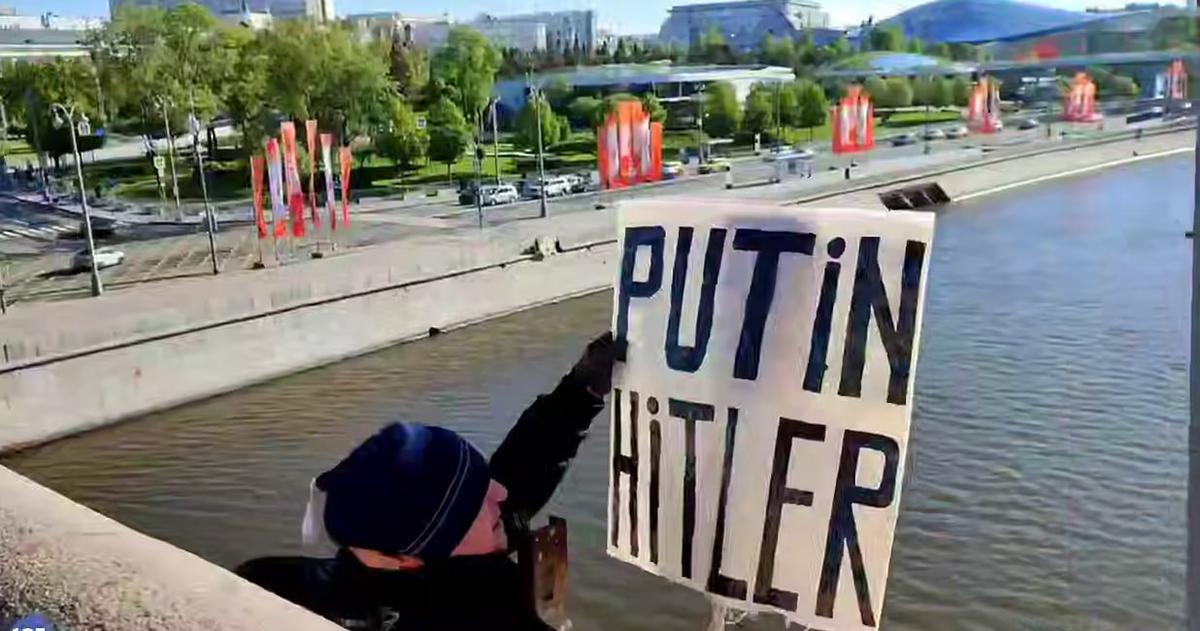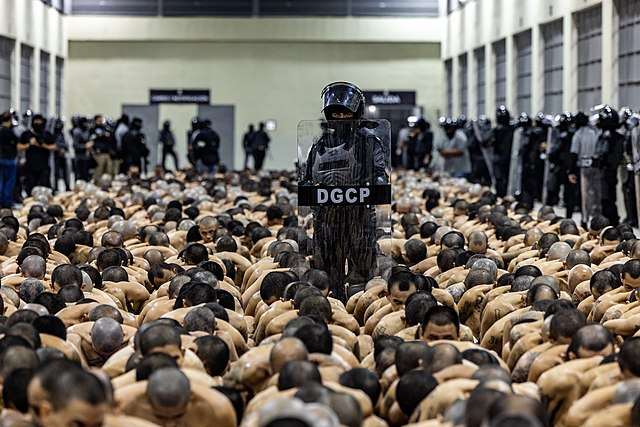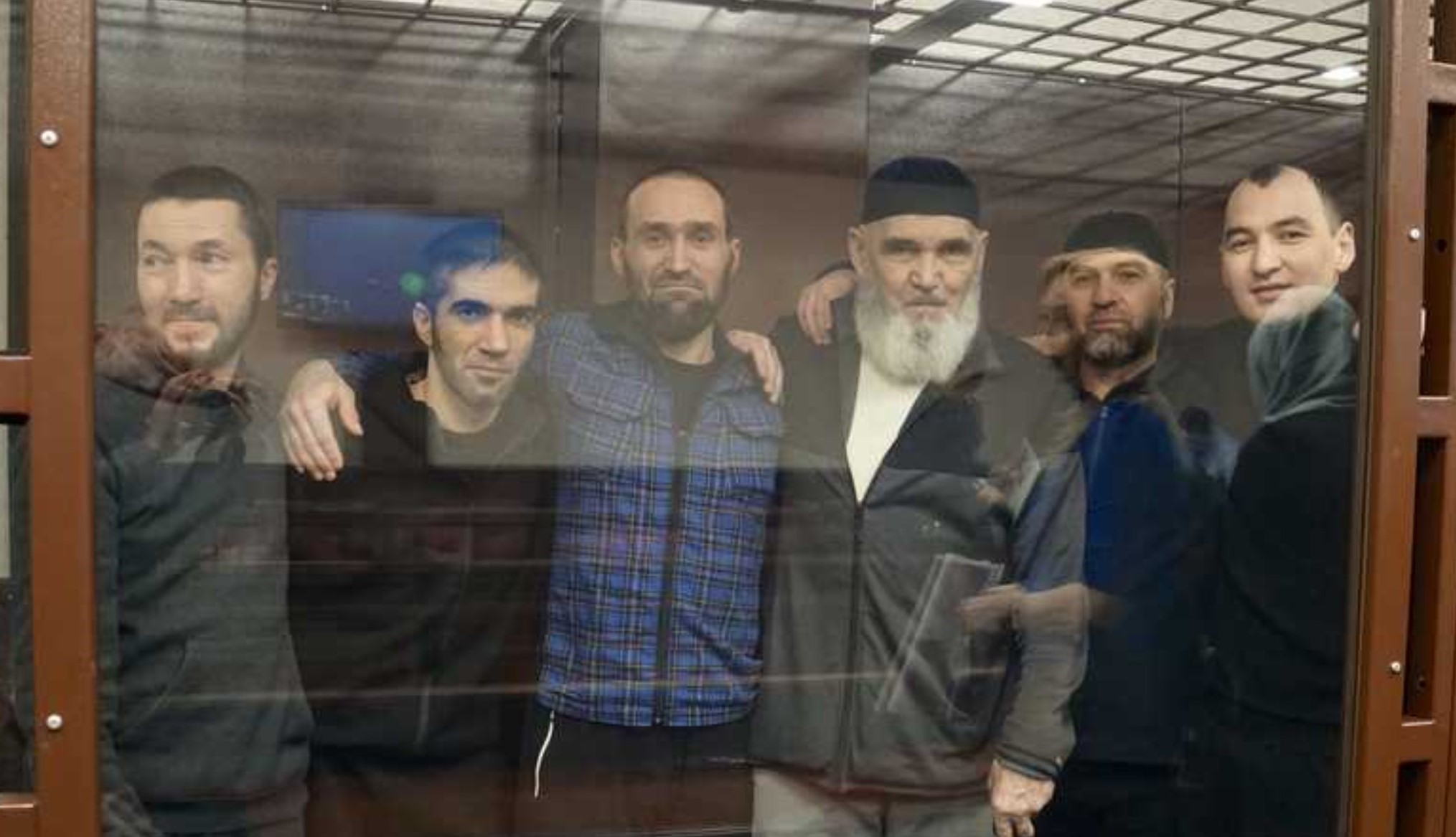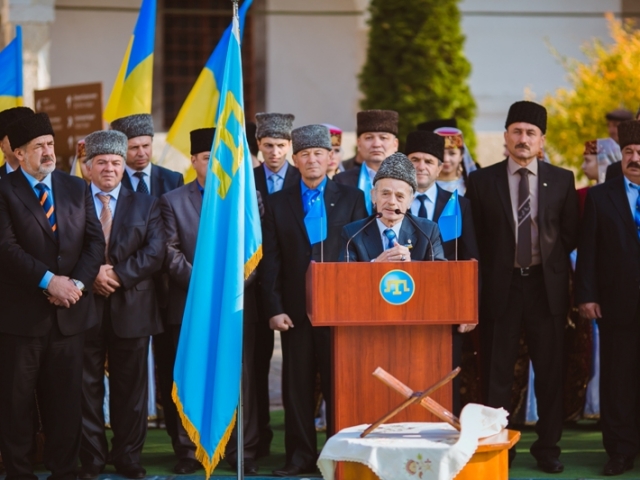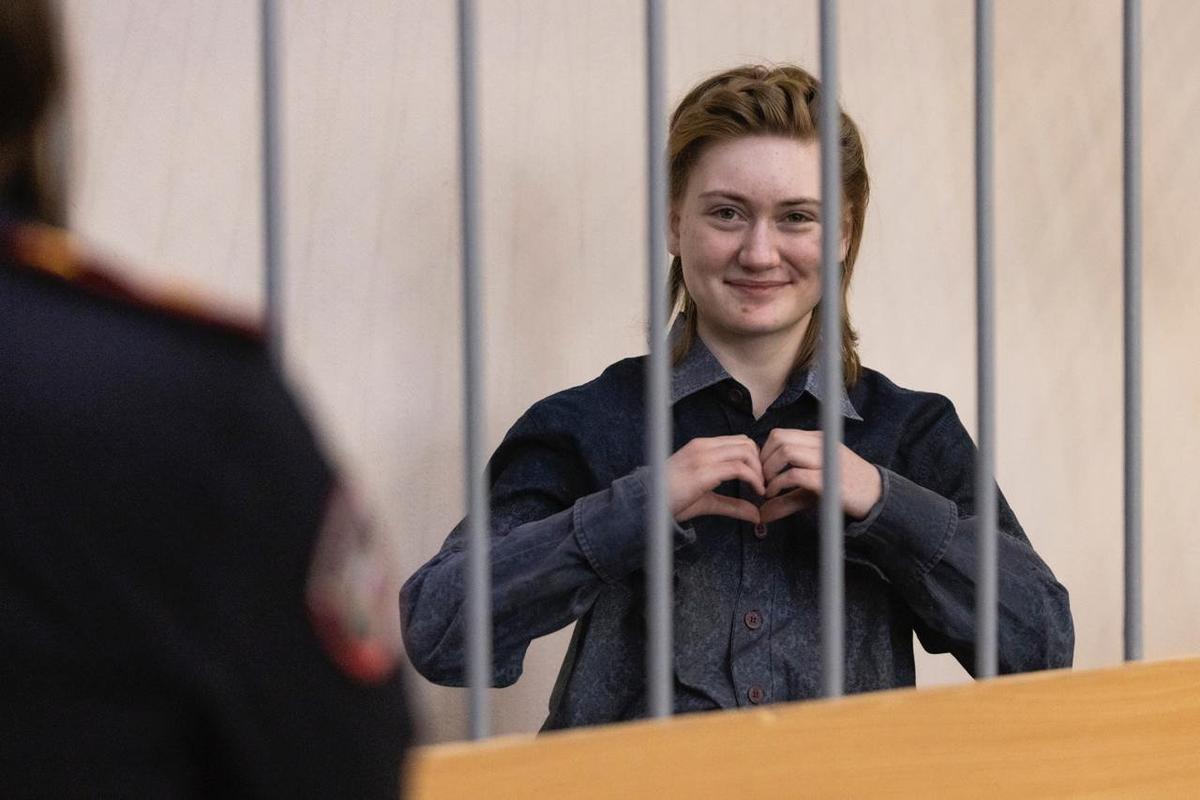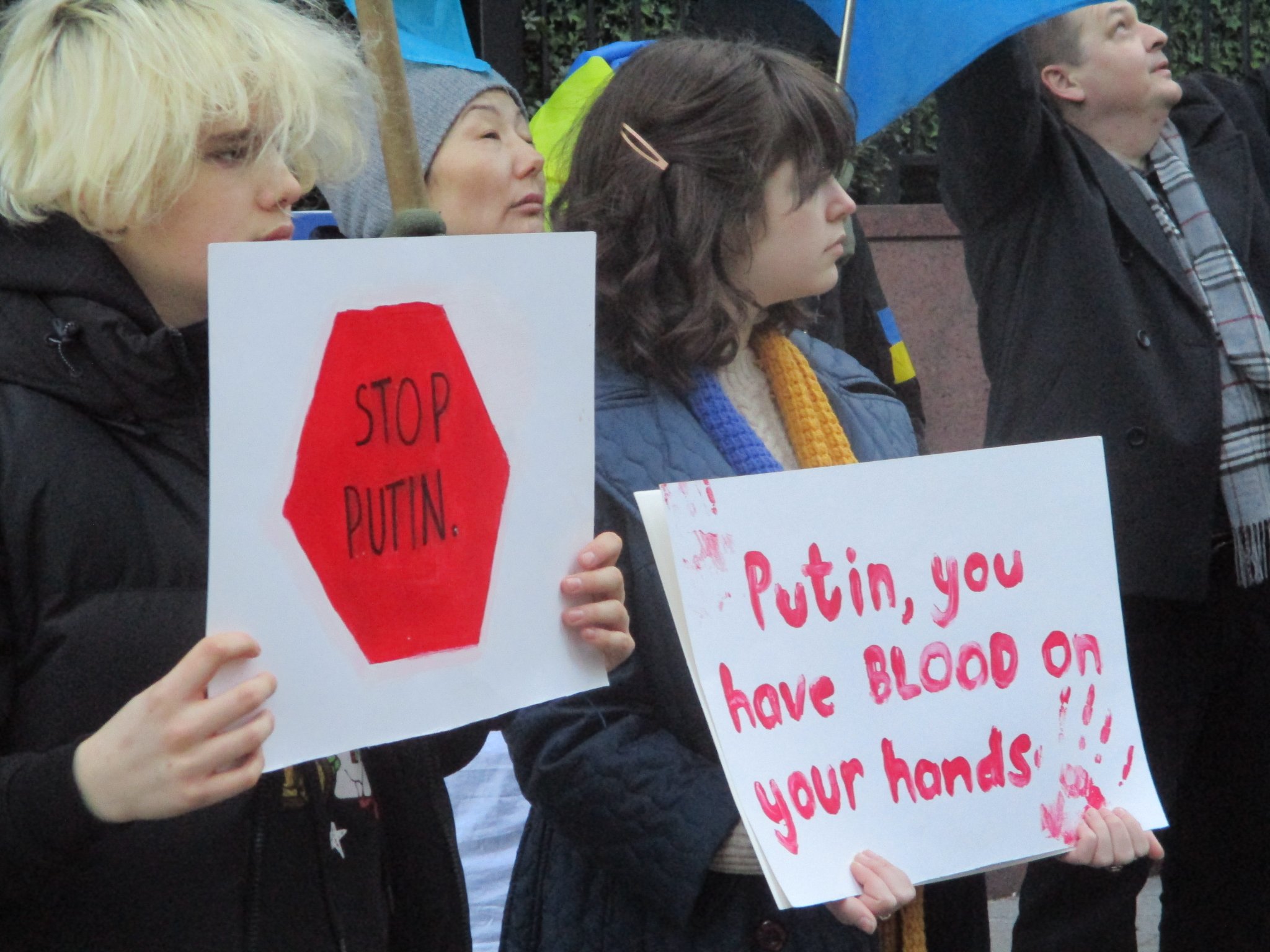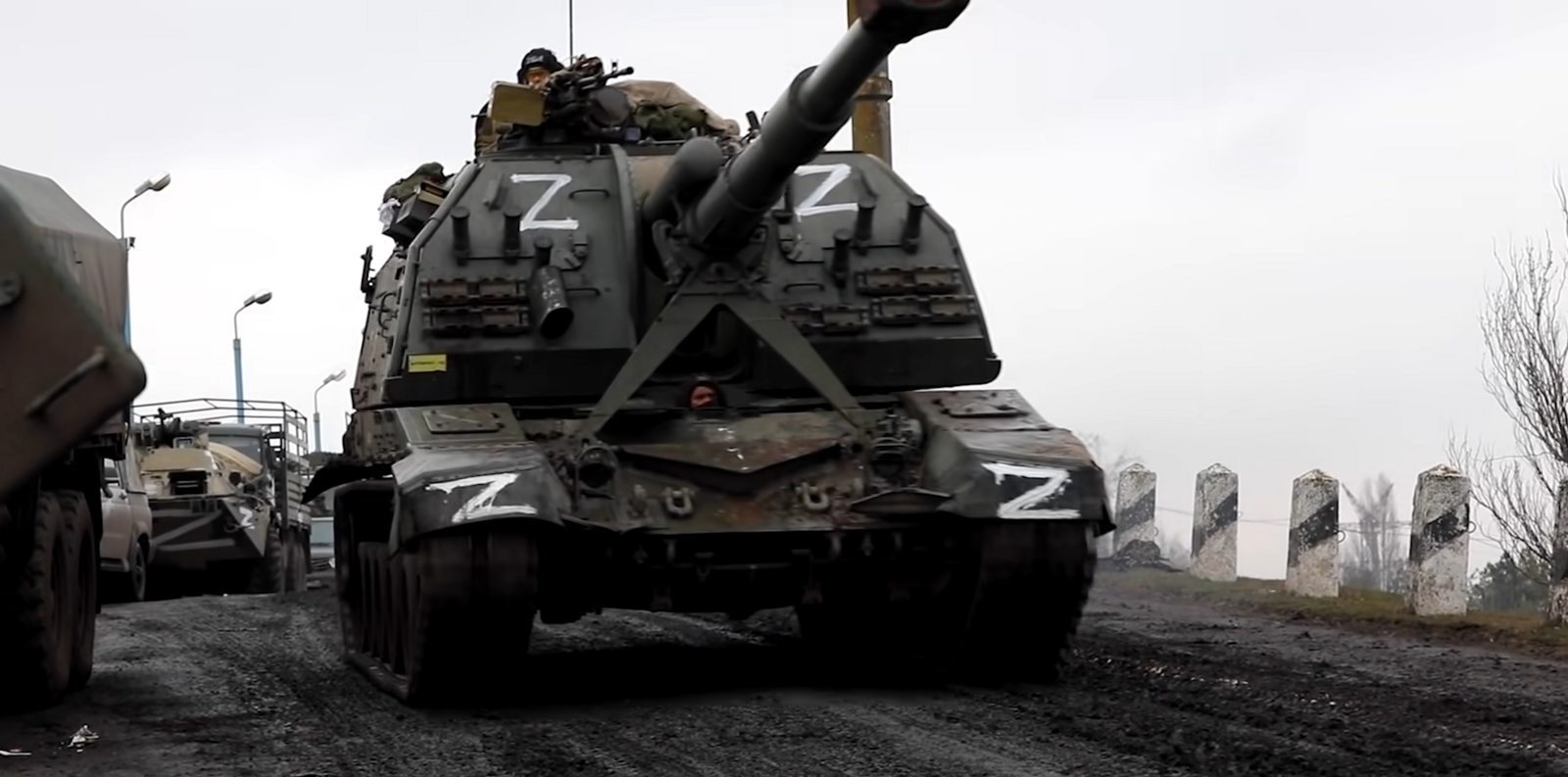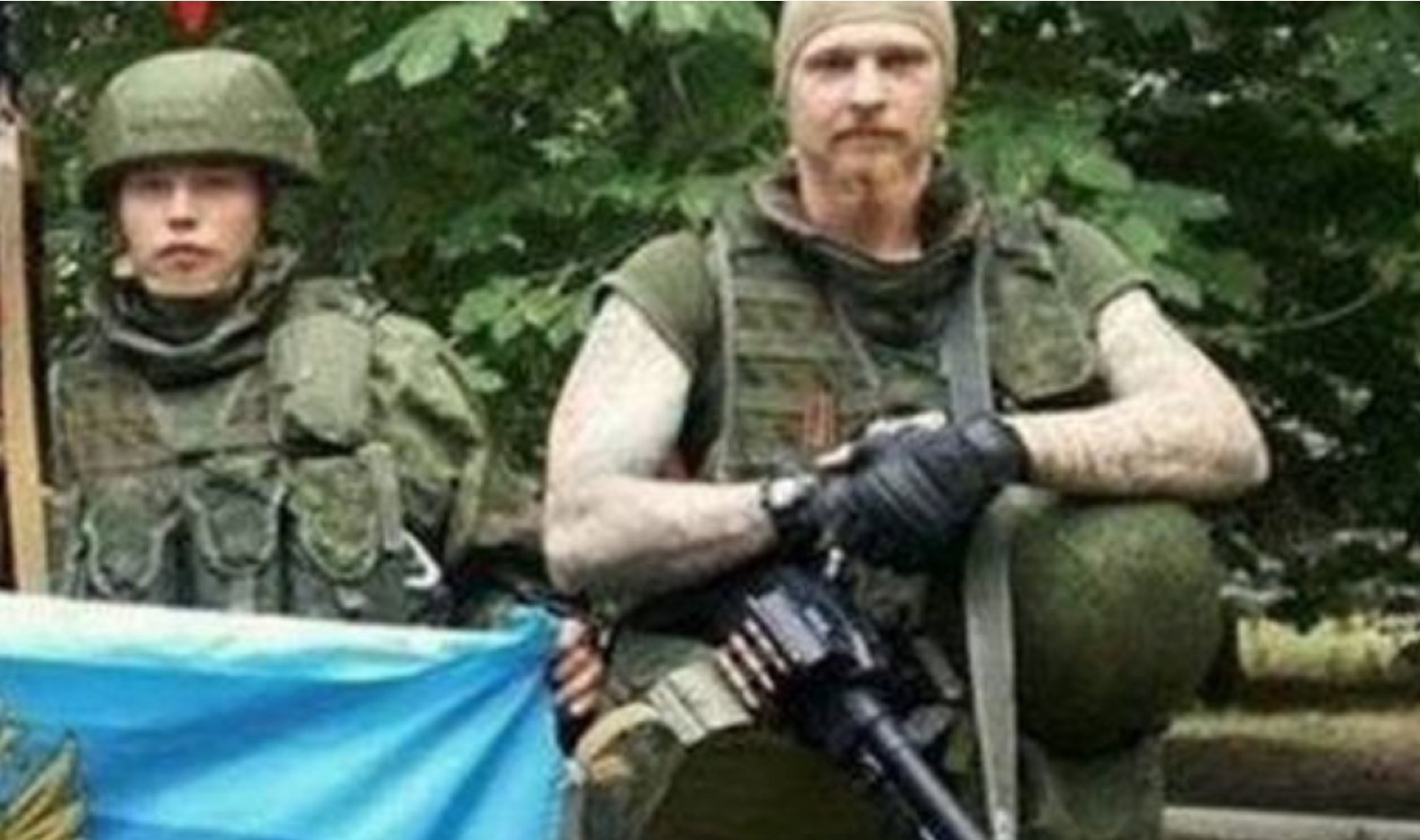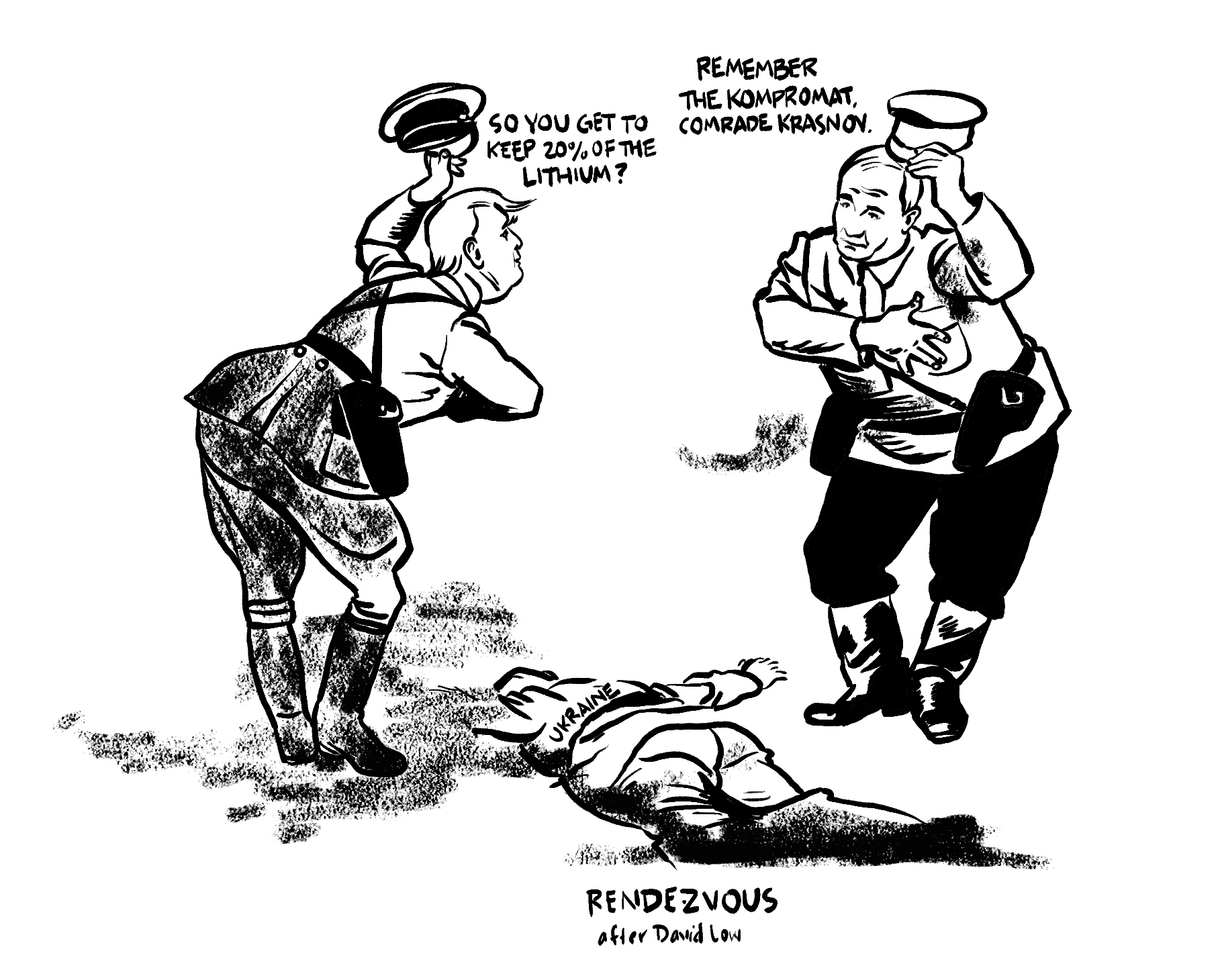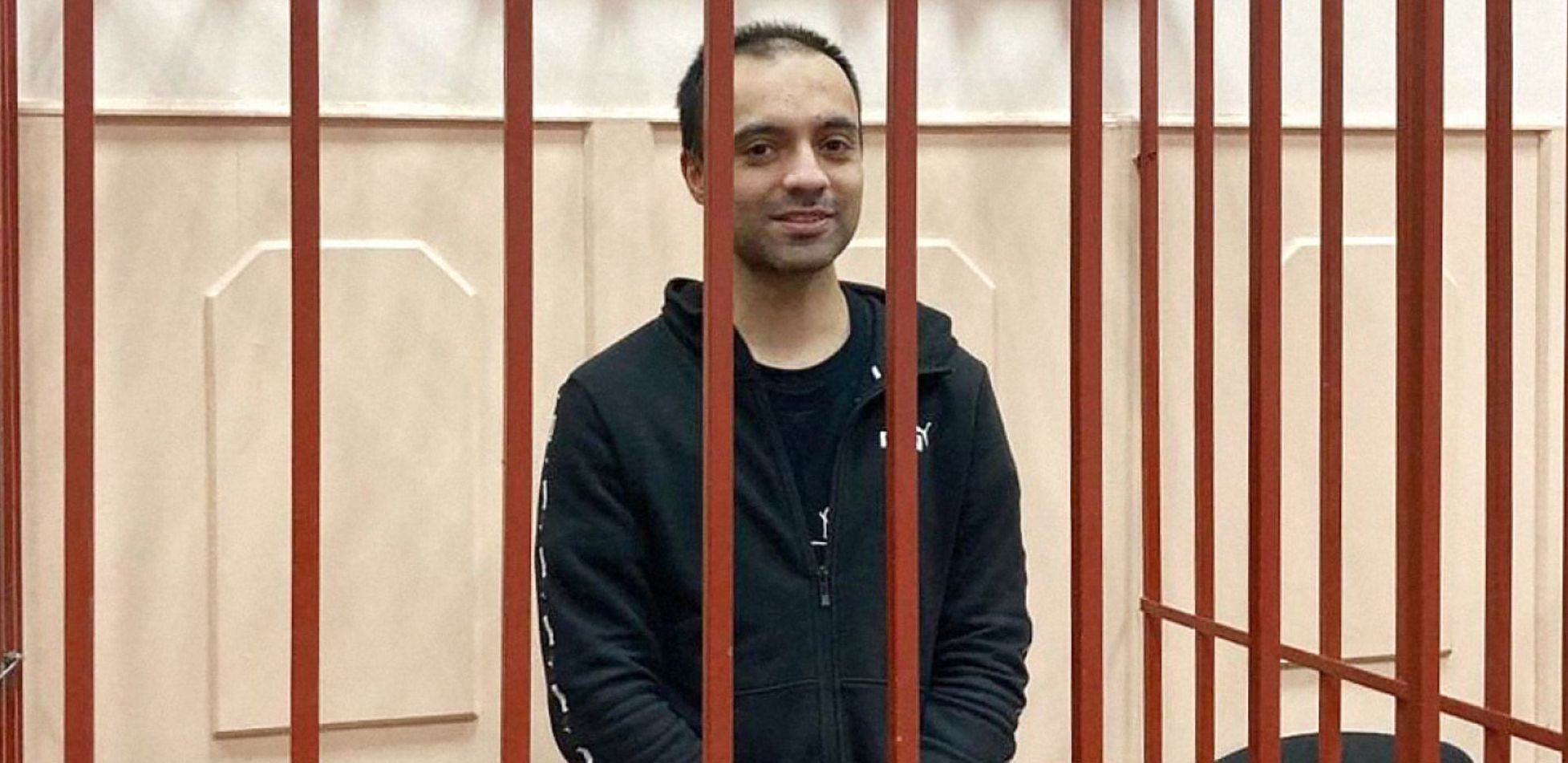
Russia: anti-war saboteurs face military trials
A Russian military court in Yekaterinburg sentenced 27-year-old anarchist Alexey Rozhkov to 16 years in prison for what prosecutors classified as a “terrorist act”—throwing Molotov cocktails at a military recruitment office in March 2022, causing minor damage. The incident, which occurred shortly after the start Russia’s full-scale invasion of Ukraine, was one of the earliest in a brief string of such actions across Russia in protest against the war. Meanwhile, another young anarchist, Ruslan Sidiki, took the stand in his trial at a military court in Ryazan, accused of destroying railway tracks, leading to the derailment of 19 carriages of fertilizer. Sidiki is also accused of the attempted destruction of military aircraft, on both occasions using GPS-guided drones. He said he undertook the actions to halt the movement of munitions toward the border with Ukraine, and that he took measures to avoid harming humans. He said he rejected the “terrorism” charge, since his “goal was sabotage, not the intimidation of the population.” (Image of Ruslan Sidiki: Mediazona via Meduza)



